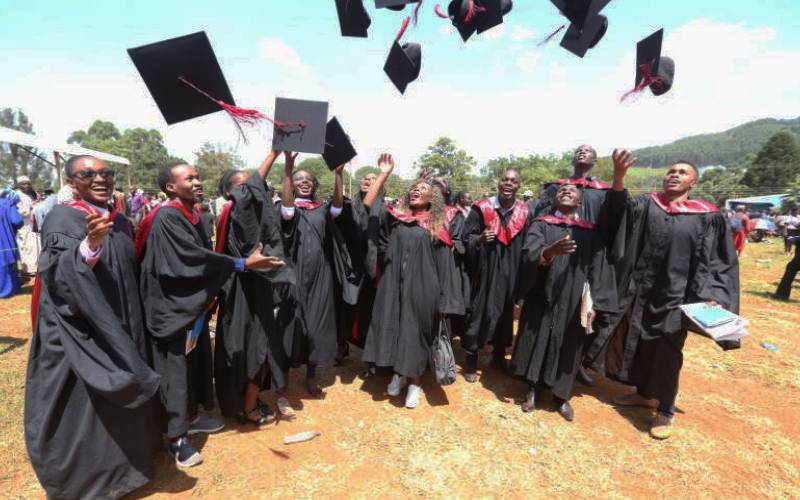×
The Standard e-Paper
Join Thousands Daily

Afirst-class honours degree is the Holy Grail of under-graduate education. It is equivalent to the Olympic gold medal. A rarity in times gone by, it is a symbol of academic excellence and discipline at an age and season in life when few individuals can claim to possess those attributes. For many, undergraduate life is a moment of experiment, savouring a newfound liberty, and a time to explore and nudge at the limits.